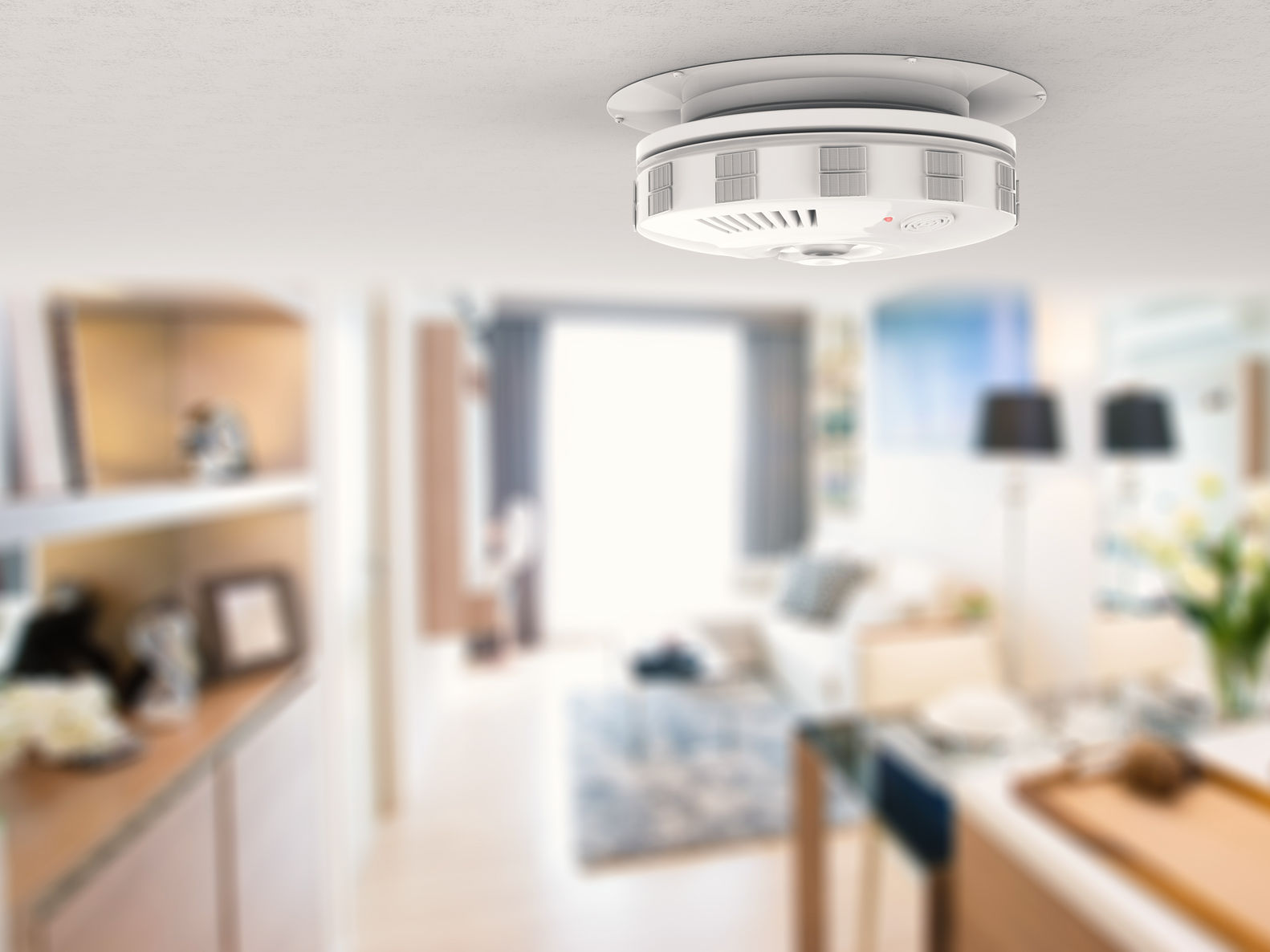Evacuation Plans for Nursing Homes & Healthcare Facilities
Federal law requires healthcare facilities and Medicare/Medicaid-certified nursing homes to have written evacuation plans. If you neglect this important fire protection measure, you could be subject to deficiency citations and fines. Follow these steps to create and implement evacuation plans for nursing homes and healthcare facilities.
Create an Evacuation Plan
Your plan should contain information regarding procedures to evacuate all residents and staff members in an emergency. The plan should establish:
- Primary and secondary escape routes for each room and floor of the building.
- Situations when a complete evacuation is necessary and when only select floors should evacuate.
- Specific staff responses, including who removes which residents from the building, who delivers emergency medical aid, and who remains behind to operate critical equipment.
- Methods for relocating patients as needed, including where areas of refuge are located outside the building and how to account for employees and residents after the evacuation is complete.
- Your preferred method for transmitting the alarm signal to warn other building occupants, such as activating a manual pull station.
- Your preferred method for communicating the emergency to the fire department, such as automatic fire alarm monitoring or assigning a specific person to place a phone call.
- Methods for slowing the spread of fire, including closing doors to isolate the burn area.
- Rules for amending and revising the evacuation plan any time a resident or patient with special needs is admitted for care.
- Which personnel can be contacted for further information or explanation of the evacuation plan.
Maintain a Clear Evacuation Route
Ongoing maintenance and awareness of evacuation routes are necessary to ensure the method you choose is dependable in the event of a fire. For the highest degree of safety:
- Make sure every room has two possible exit routes, either leading directly outside through a door or window or into a hallway or stairwell that features a door leading outside.
- Keep all emergency exit doors and windows unobstructed so the path is clear in case of a fire.
- If you find it necessary to lock any regular or emergency exits, maintain adequate staff to unlock these exits and direct occupants to safety.
Train Your Residents
All long-term nursing home residents need to know what actions to take in case of a fire. When they know the plan, the panic level in an emergency remains much lower. Teach your residents what to do if the primary escape route is blocked and that they should assist each other in case of a fire to the extent that their physical and mental capacities allow.
Train Your Staff
Anytime you hire new staff members, train them in the evacuation procedures you have established for your facility. Periodically review procedures with existing staff (no less than once every two months), give all supervisory personnel written copies of the plan, and keep a copy in the building’s security center for quick access when necessary.
Hold Fire Drills
Carry out fire drills to test your staff members’ abilities to implement the established evacuation procedures. Hold fire drills at least quarterly on each shift so every employee and resident gets a chance to put the evacuation plan to work. You may announce these drills in advance to the residents. When drills are held at night, feel free to use a coded announcement instead of an audible alarm that could distress residents.
If you need help complying with federal safety regulations regarding evacuation plans in nursing homes and healthcare facilities in the greater Houston area, please contact Kauffman Co. online. We offer all the fire protection services for healthcare practices that you need for code compliance.
















